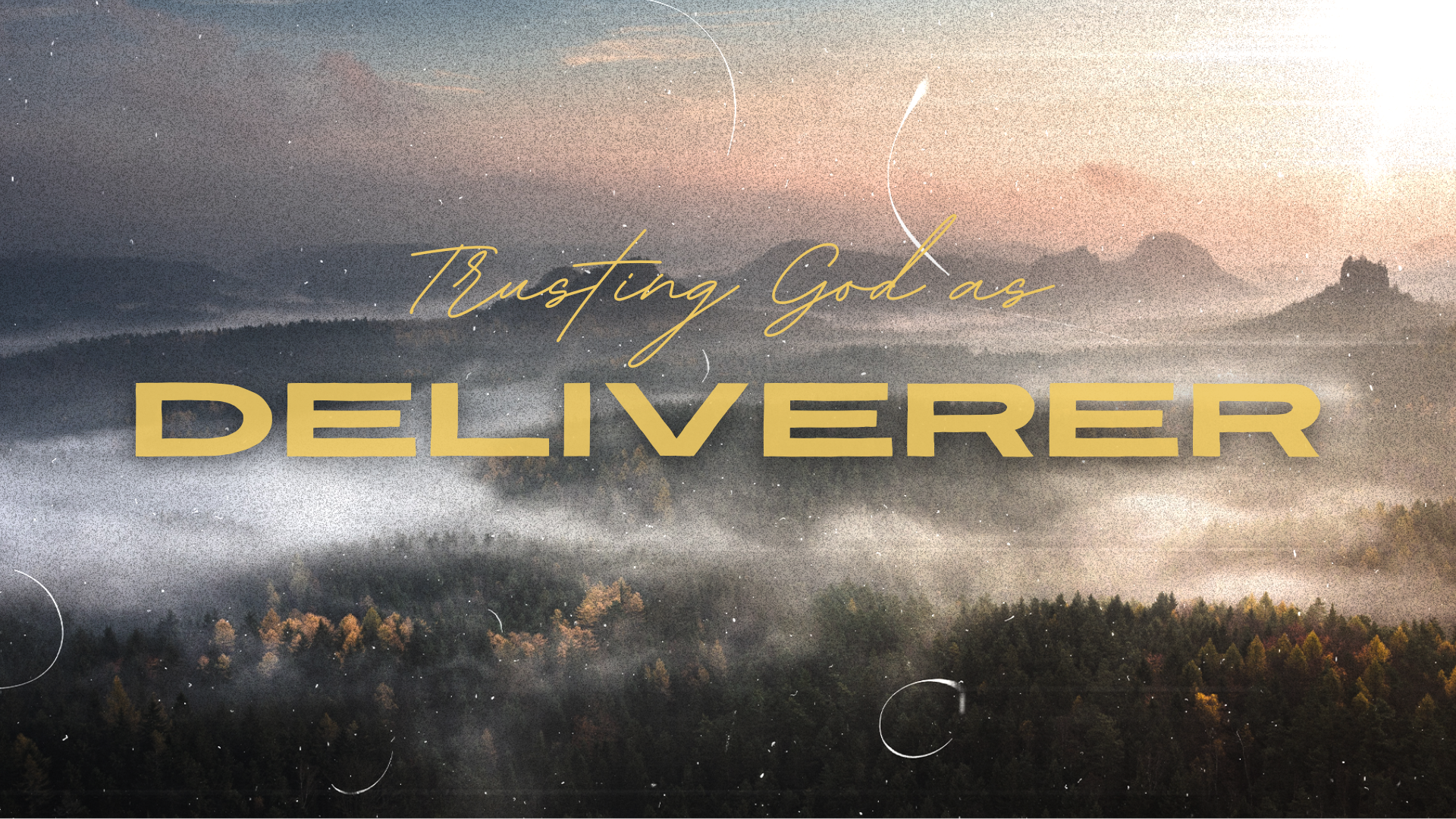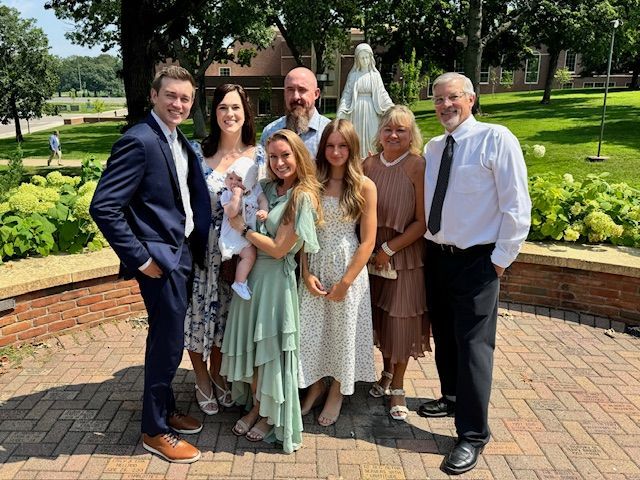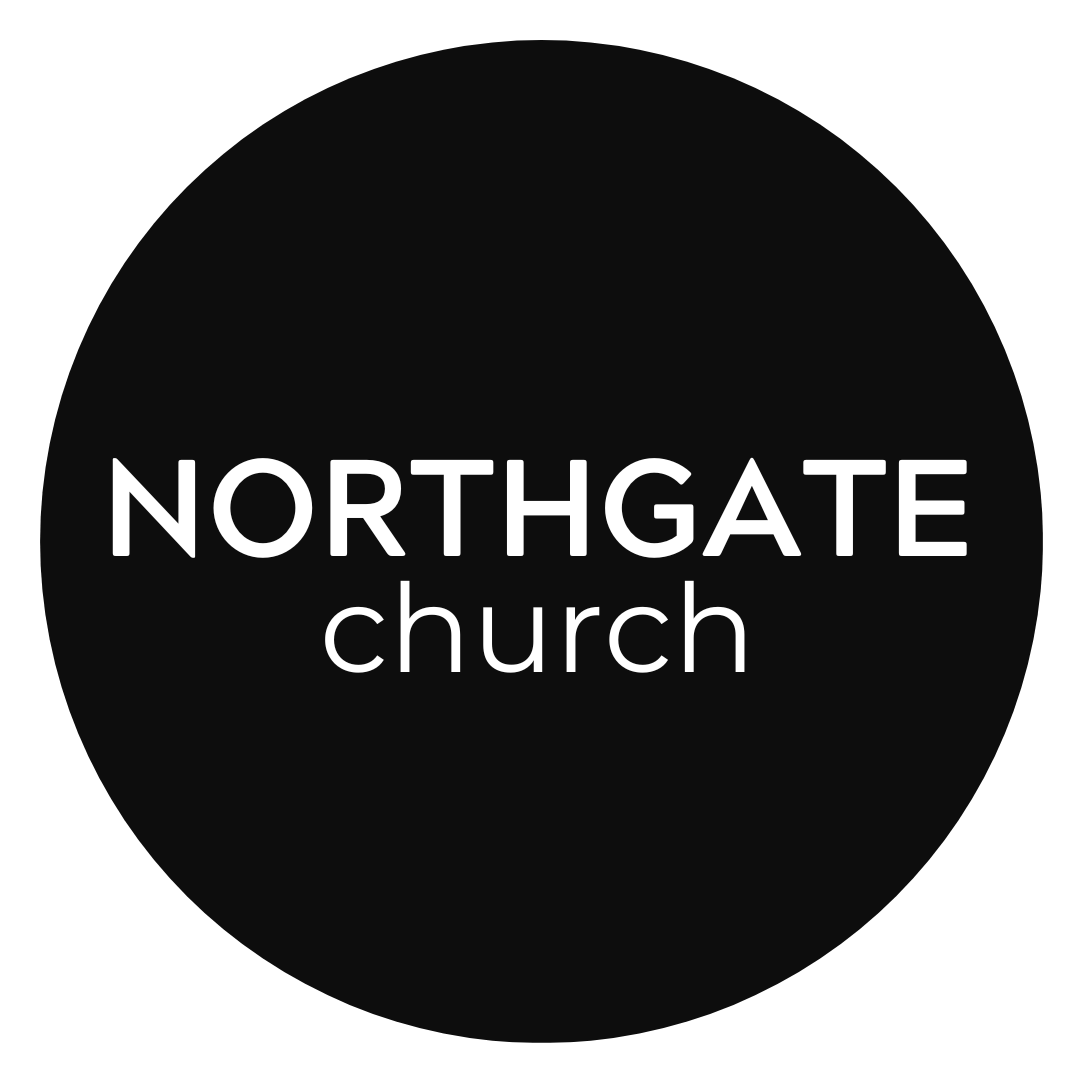DIVE INTO NEW LIFE
Summer is here, and our all-church picnic is just around the corner! One of the greatest joys of this event is the water baptism in Lake George. It is always a blessing to witness individuals publicly declare their intention to follow Jesus through baptism.
Over the years, many have asked questions about water baptism, with the most common being, "Do I have to be baptized to be a Christian?"
This is a good question and one that believers have asked for centuries.
But before we get to the answer, let's explore the scriptures to understand three main aspects of baptism:
- Baptism is commanded.
- Baptism is demonstrated as an act accompanying salvation.
- Baptism is symbolic of being buried and resurrected with Christ.
Is Baptism Really Commanded?
In Matthew 28:19-20, Jesus told the disciples, "Therefore go and make disciples of all nations, baptizing them in the name of the Father and of the Son and of the Holy Spirit".
In Mark 16:16, Jesus says, "Go into all the world and preach the gospel to all creation. Whoever believes and is baptized will be saved, but whoever does not believe will be condemned".
Jesus viewed belief in Him and baptism as intertwined acts. His disciples continued this teaching in their ministries.
In Acts 2:38, Peter, on the day of Pentecost, preached a powerful sermon, concluding with, "Repent and be baptized, every one of you, in the name of Jesus Christ for the forgiveness of your sins; and you will receive the gift of the Holy Spirit".
Jesus actually commanded this. And because He's an incredible teacher, He knew that a full immersion baptism is the ultimate sermon illustration! The experience of going under and coming back up brings a tangible component to an unseen spiritual truth.
What Do the Stories of Baptism Demonstrate to Us?
At the end of Peter’s sermon in Acts 2, it states, "Those who accepted his message were baptized...".
Acts 8:12 tells us the outcome of Philip's witness in Samaria: "But when they believed Philip as he proclaimed the good news of the kingdom of God and the name of Jesus Christ, they were baptized, both men and women".
In Acts 8:26-38, we read about the Ethiopian eunuch being baptized after Philip explained the scriptures to him and he believed.
In Acts 9:10-18, we learn the story of Ananias being sent to lay hands on Saul and heal him. After Saul regained his sight, "he got up and was baptized".
These verses lead us to two conclusions:
- Baptism follows understanding and believing the salvation message.
- Baptism is an external action demonstrating an internal belief.
What is the Symbolism of Baptism?
In Matthew 3:13-17, we find the story of Jesus being baptized by John the Baptist.
Jesus didn’t need to understand or believe the salvation message; He was the message!
This story is significant because it shows Jesus’ commitment to fulfilling all righteousness. Jesus told John, "Let it be so now; it is proper for us to do this to fulfill all righteousness."
In Leviticus 16:3-4, God established rules for Aaron to follow as high priest before making the sacrificial offering for sin, which included bathing with water. Jesus began His public ministry after His baptism, symbolizing His role as our high priest and atonement for our sins.
Let's look a little further at the symbolism of baptism. Two passages help us understand its meaning: Colossians 2:12 and Luke 9:23-24.
Colossians 2:12 reads, "having been buried with Him in baptism, in which you were also raised with Him through your faith in the working of God, who raised Him from the dead."
Baptism is an outward action that helps us understand what has happened at our new birth. We have died to our old nature, been buried (in water), and resurrected with Christ to a new life—a life dedicated to Christ and controlled by the Holy Spirit.
Luke 9:23-24 helps us understand this dying to our old nature: "Then He said to them all: 'Whoever wants to be my disciple must deny themselves and take up their cross daily and follow me. For whoever wants to save their life will lose it, but whoever loses their life for me will save it.'"
Do I have to be Baptized to be a Christian?
Back to our original question: "Do I have to be baptized to be a Christian?"
Baptism is not required for salvation. The Bible is also very clear on that. Baptism is an act of obedience that needs to follow salvation, but it is not required for salvation itself. Romans 10:9-10 says…
“If you confess with your mouth that Jesus is Lord and believe in your heart that God raised him from the dead, you will be saved. 10 For it is by believing in your heart that you are made right with God, and it is by confessing with your mouth that you are saved."
Baptism isn't a task on some spiritual checklist that we have to do. It's a beautiful symbolic step in His direction -- that we get to do!
Sometimes we make the mistake of thinking that baptism is something we need to do for God. But really, it's all about receiving what He's already done for us.
A water baptism is saying 'yes' to Jesus' invitation to follow Him. It's accepting the promises of the Father, through His son -- to love us, forgive us, and deliver us from evil and death. And it's starting fresh with the Holy Spirit.
If that sounds like you, and you're ready to take the plunge for the first time, or to affirm a previous baptism, your Northgate family wants to be there with you. We want to pray for you, cheer for you, and hug you. Get baptized at Lake George with us this summer! It will be the beginning of an incredible new chapter in your walk with God.
Bonus Reading
Like a little Bible study? Stoked about the idea of baptism?
Check out Romans 6:3-14
It's a longer passage, rich with teaching and could easily be a sermon series in itself. Take the time to read and reflect on it, as it profoundly explains what our life should look like after spiritual resurrection, which baptism symbolically represents.











